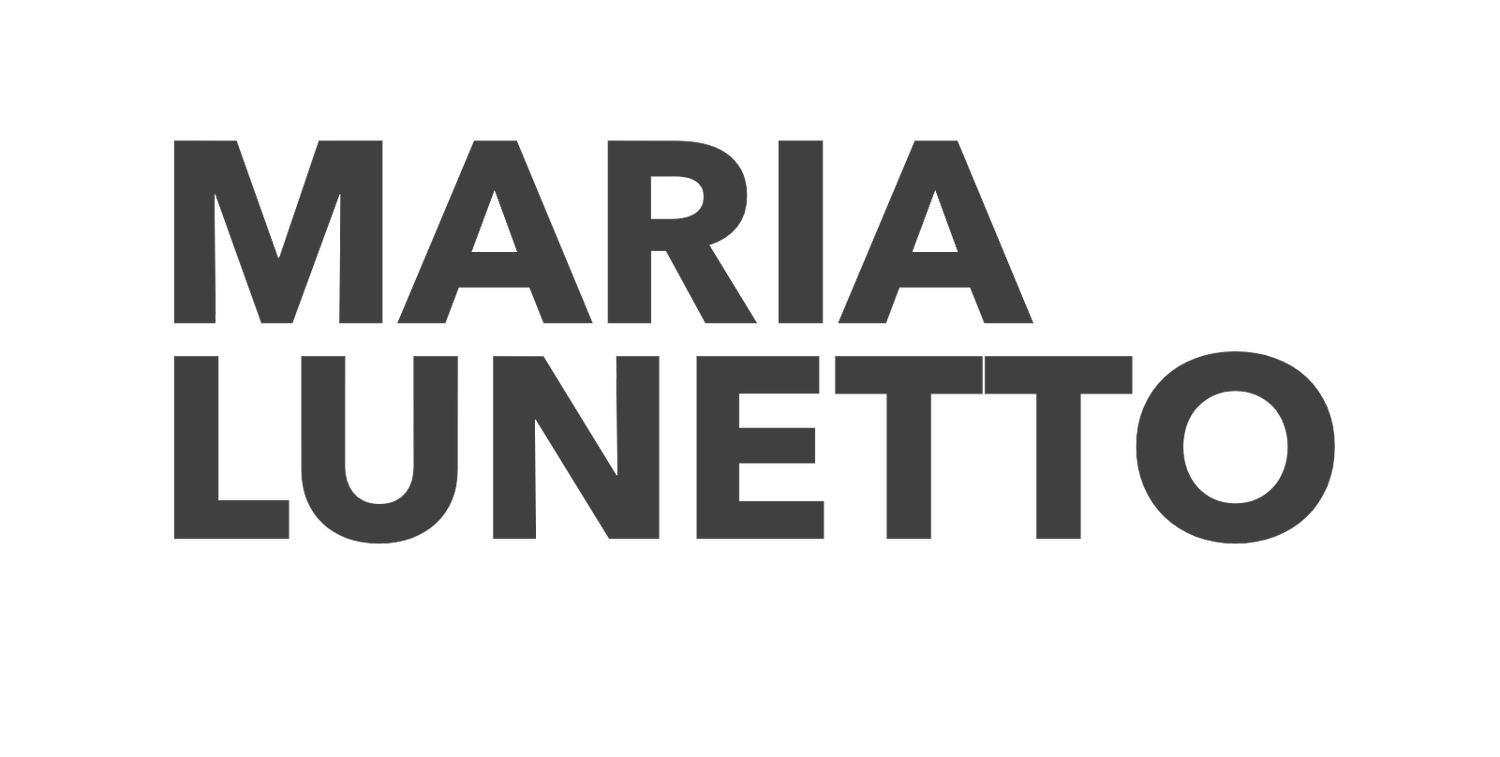RETHINKING WASTE
DESIGNING A COMMUNICATION STRATEGY TO REDUCE ELECTRICAL WASTE
CHALLENGE
Reducing waste electricals is a key step toward achieving sustainability targets, yet many residents are unaware of how to properly dispose of or recycle these items. Existing communication efforts often fail to drive behaviour change, leading to unnecessary waste and lost opportunities for reuse. The challenge was to develop a behaviourally informed communication strategy to support the long-term goal of halving residual waste per person within the next 20 years.
PROJECT OVERVIEW
To address this, we worked with government officials and communication teams to deliver a series of workshops and training sessions focused on behaviour change principles. These sessions explored how to design more effective messaging, improve public engagement, and integrate behavioural science into waste reduction strategies.
Through interactive exercises and strategic discussions, participants gained practical tools to develop communications that encourage residents to properly dispose of and recycle electrical waste, ultimately reducing environmental impact.
WHAT WE DID
Training & Capacity Building
Delivered workshops on behavioural science principles relevant to waste reduction
Provided training on effective messaging to encourage responsible disposal of electrical waste
Guided participants through real-world applications, helping them design tailored communication strategies
Communication Strategy Development
Explored barriers to proper disposal and recycling to identify the most effective messaging approaches
Helped teams refine their framing, language, and outreach methods to improve engagement
Designed practical communication tools that could be integrated into public awareness campaigns
Stakeholder Collaboration
Worked closely with government teams to align the strategy with policy goals
Ensured recommendations were actionable, scalable, and adaptable for future initiatives
Developed a framework for ongoing improvement, allowing teams to refine their approach based on real-world data
OUTCOME
This project equipped government teams with behaviourally informed communication strategies to drive long-term reductions in electrical waste. By integrating scientific insights into public messaging, the initiative supports the goal of halving residual waste per person within the next 20 years, creating a more effective, sustainable approach to waste reduction.

